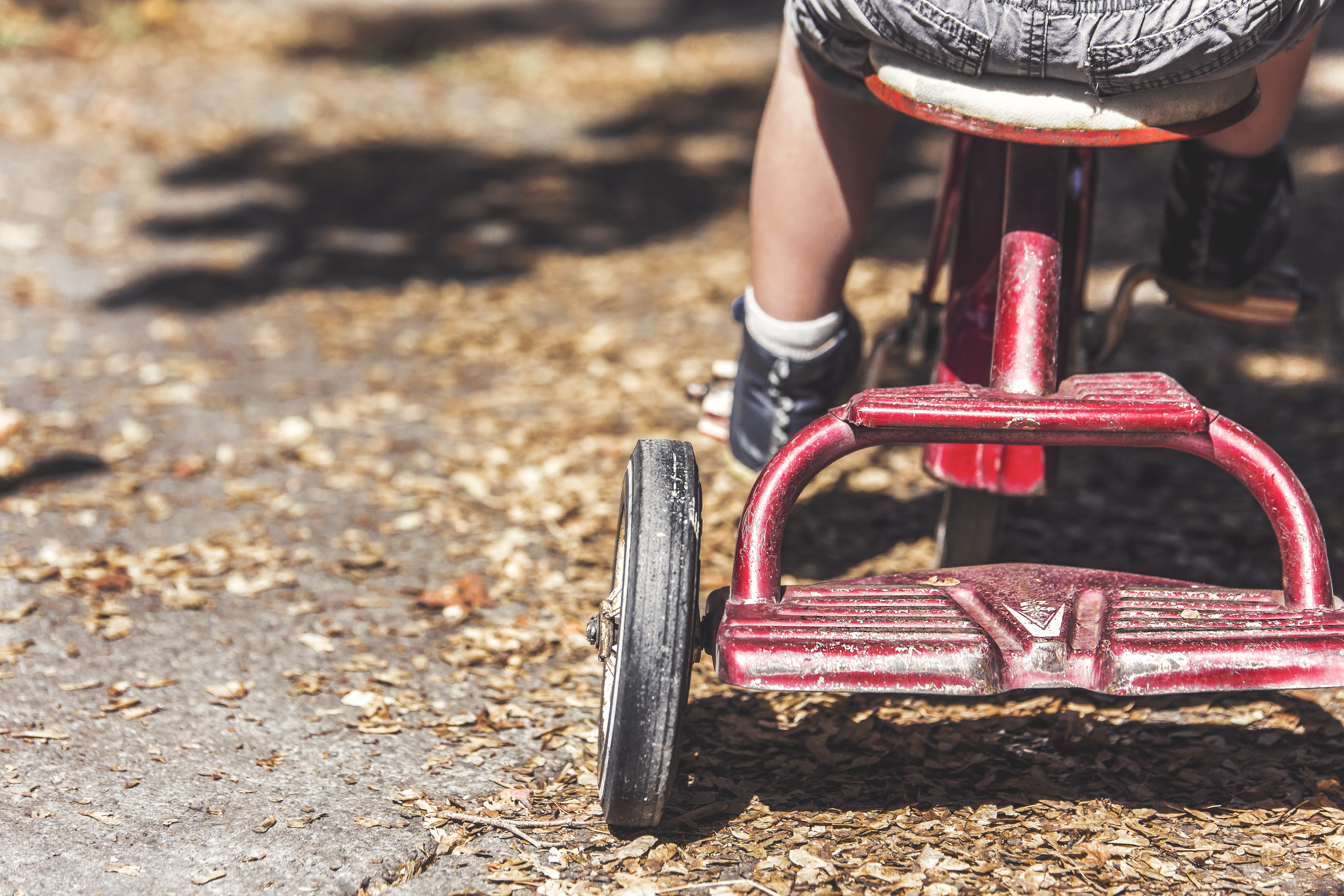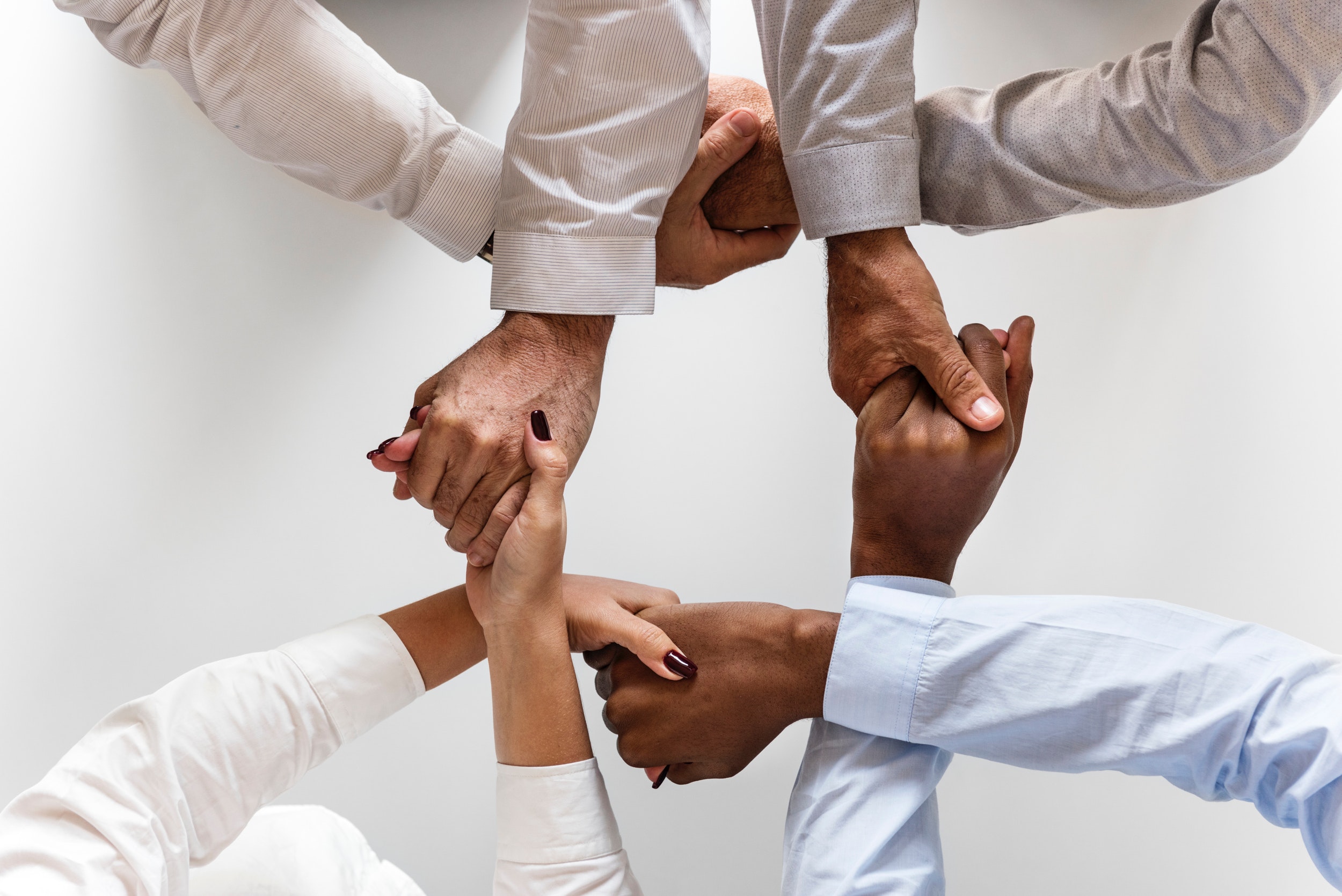Positive
Relationships
Any relationship can be positive: a friend, a co-worker, a teacher, a neighbour, a spouse or an ex-spouse, it only takes a few basic things to keep in mind and a conscious effort to connect.
Positive relationships support you as you to forge your way to wellness and happiness.
What are Positive Relationships?

Self
growth
Positive relationships, regardless of type, duration or age at which they appear, promote self-improvement and self-growth. One way of self-improvement is through the adoption of a role model. In a positive relationship people also learn to adopt the behavior of others and their way of life and their values.

Emotional
support
The first thing that comes to our mind when we think of a positive relationship is that ‘she was there for me, in the good times and in the bad times, in my good moods and in my bad moods, in my pain and in my joy.

Practical
support
A positive relationship is tested when the going gets tough and succeeds. A positive relationship will be there to give and take in practice and substantially. When one is in a difficult situation the positive relationship will provide practical support even when not asked for.

Shared
enjoyment
The final characteristic of a positive relationship is based on the sharing of joy. Positive relationships are relationships in which we have laughed together, became emotional, shared and created stories.
How to develop Positive Relationships?

Trust and Safety
The building blocks of positive relationships are love and trust. Love is often associated in our minds with the actual meaning of the relationship while trust is quintessential in preserving every type of relationship.
Admiration and Inspiration
Maybe the most noticeable characteristic on which positive relationships are build. The connection seems again obvious; when we admire someone, we are also inspired by their worldview, attitude, mentality and their behavior.


Practical Support
Financial support during hardship, time, material support, participation but also the small things from advice for practical issues to recipes for cooking, all these describe the essence of a relationship and the involvement of the participants at multiple levels.
Having fun together
A shared sense of humour, camaraderie, group activity, sense of belonging, community. People describe their longing and joy to meet each other, their common activities and the positive emotions they feel.

& Seminars
Dec 1/2018
Jan 12/2019
Feb 16/2019
Σεμινάριο : Ιχνογραφώντας τις θετικές σχέσεις details
Our Vision
Our vision is, to a great extent, determined by our course, knowledge and experience not only psychotherapeutically and academically but also personally.
Initially, we want to understand! And this is where we need your help. Your participation in our seminars and questionnaires will help us further deepen our exploration of positive relationships. We will understand what these relationships mean to you, what their characteristics are, what they offer you, how and under which circumstances. How you function within these relationships, what you give and take, how many you have in your life and what they mean.
The second stage is the development and strengthening of positive relationships. We are currently developing research- driven interventions meant to build and foster positive relationships. Our goal is to create and spread effective strategies that forge positive relationships based on our clinical and research experience.
The final and most important stage is for us to become a positive relationship for you and give you all of what relationships offer: self-improvement, emotional and practical support and enjoyment!
